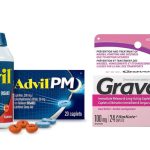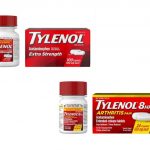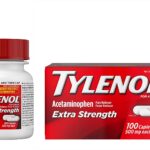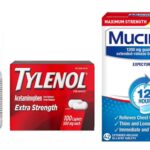Can You Take Tylenol And Gravol Together?
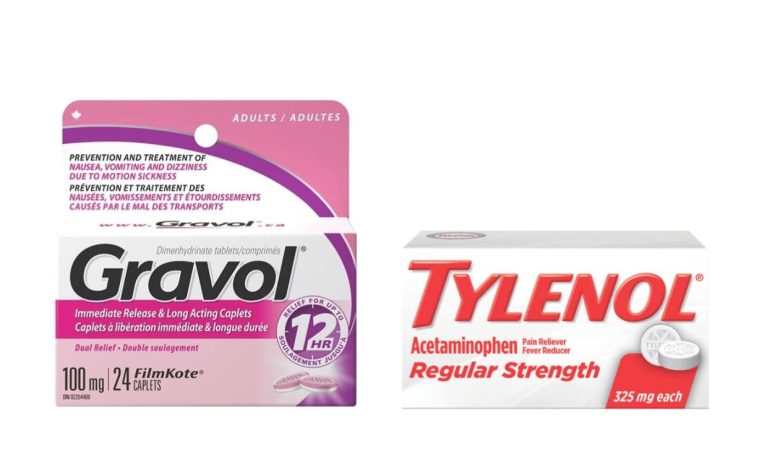
Tylenol (acetaminophen) and Gravol (dimenhydrinate) are two common over-the-counter medications that can be used to treat different types of symptoms. Tylenol is a pain reliever and fever reducer, while Gravol is an antihistamine that is used to treat nausea and vomiting caused by motion sickness, surgery, or other medical conditions.
While it is generally safe to take Tylenol and Gravol together, there are potential interactions and side effects to consider.
How Tylenol Works
Tylenol is an analgesic that works by blocking the production of prostaglandins, which are chemicals in the body that cause pain and inflammation. By reducing the production of prostaglandins, Tylenol can relieve pain and reduce fever.
How Gravol Works
Gravol is an antihistamine that works by blocking the action of histamine, a chemical in the body that can cause allergic reactions, including nausea and vomiting. By blocking the action of histamine, Gravol can reduce the symptoms of nausea and vomiting.
Interactions between Tylenol and Gravol
While it is generally safe to take Tylenol and Gravol together, there are potential interactions and side effects to consider. The main concern is the potential for increased drowsiness and sedation. Both Tylenol and Gravol can cause drowsiness and sedation, and taking them together can increase the severity of these side effects.
Additionally, both Tylenol and Gravol can cause liver damage when taken in excessive amounts. It is important to follow the recommended dosages for both medications and not to exceed the maximum daily dose.
There is also a potential for drug interactions with other medications. It is important to inform your healthcare provider of all medications and supplements you are taking before taking Tylenol and Gravol together to avoid any potential interactions.
Side Effects of Tylenol and Gravol
Both Tylenol and Gravol can cause side effects, including:
Tylenol:
• Liver damage when taken in excessive amounts
• Allergic reactions, including skin rash and swelling of the face, tongue, and throat
• Blood disorders, including anemia and decreased platelet count
• Kidney damage when taken in excessive amounts
Gravol:
• Drowsiness and sedation
• Dry mouth, nose, and throat
• Blurred vision and difficulty focusing
• Constipation or diarrhea
• Increased heart rate
• Allergic reactions, including skin rash and swelling of the face, tongue, and throat
Precautions When Taking Tylenol and Gravol Together
Before taking Tylenol and Gravol together, it is important to consider the following precautions:
• Follow the recommended dosages for both medications and do not exceed the maximum daily dose.
• Inform your healthcare provider of all medications and supplements you are taking before taking Tylenol and Gravol together to avoid any potential interactions.
• Avoid driving or operating heavy machinery while taking Tylenol and Gravol together, as they can cause drowsiness and impaired coordination.
• Do not take Tylenol and Gravol together for extended periods of time without consulting a healthcare professional, as they can cause liver and kidney damage when taken in excessive amounts.
Conclusion
Tylenol and Gravol are two common over-the-counter medications that can be used to treat different types of symptoms. While it is generally safe to take them together, there are potential interactions and side effects to consider, particularly with regard to increased drowsiness and sedation. It is important to follow the recommended dosages for both medications and not to exceed the maximum daily dose. Additionally, it is important to inform your doctor or healthcare provider

